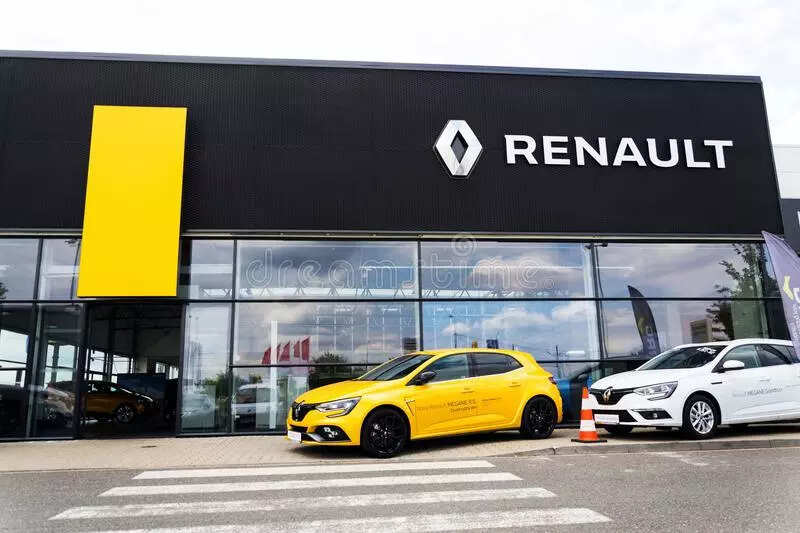
New Delhi: Renault Group has announced that it has acquired 21% minority stake in Whylot, a French startup specialising in innovative electric motors.
This investment strengthens the existing collaboration between the two companies to develop and industrialise an innovative axial-flow automotive e-motor, a breakthrough technology for electrified applications, the automaker said.
Announced in June 2021, Renault Group has previously signed a partnership with Whylot to develop an axial flow automotive e-motor on a large scale. This technology will be applied to electrified and electric powertrains, in particular in hybrid powertrains of reducing costs while saving CO2 emissions of 2.5 g/km, according to the WLTP standard (for passenger cars in segments B/C).
Renault Group will be the first mainstream manufacturer to produce an axial-flow electric motor on a large scale from 2025, it said.
Philippe Brunet, director of powertrain and electric vehicles, Alliance, said, “We are delighted to take a further step in our relationship with Whylot, a promising start-up specialising in the design and development of high-tech electric motors. This partnership, coupled with an equity investment in the company, is a further demonstration of our commitment to our French roots and to the Renault Group’s industrial anchorage in France, with the aim of producing popular, affordable and profitable electric and electrified cars”
This equity investment will enable Renault Group and Whylot to support the strong growth of the electrified vehicle market in France and Europe, Renault said.
Also Read:
